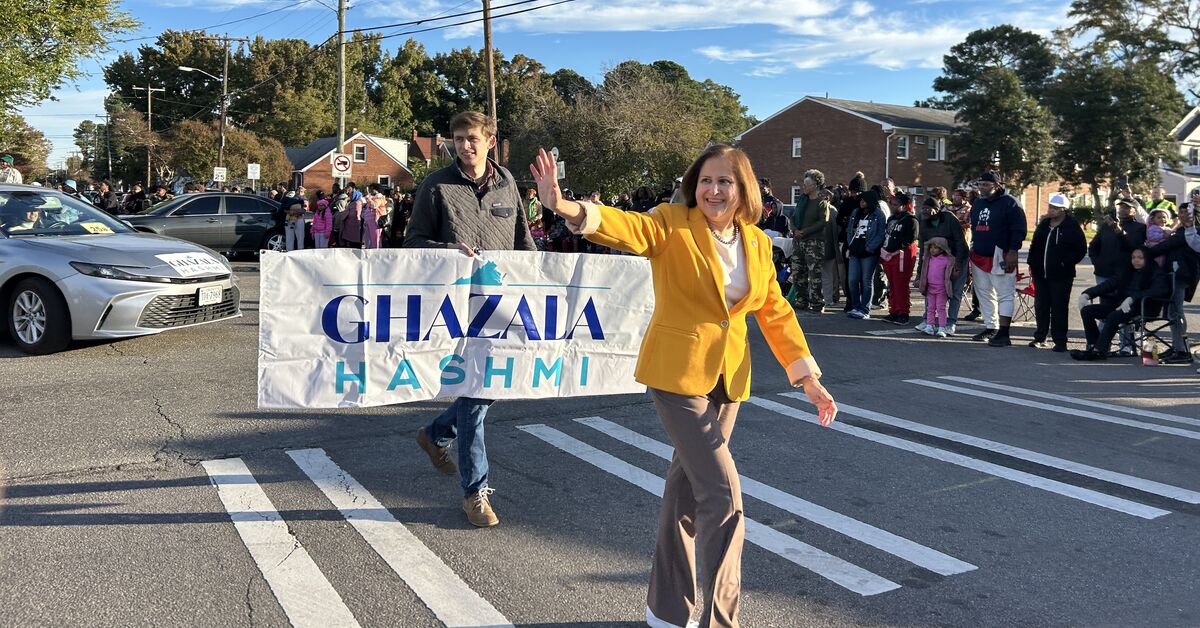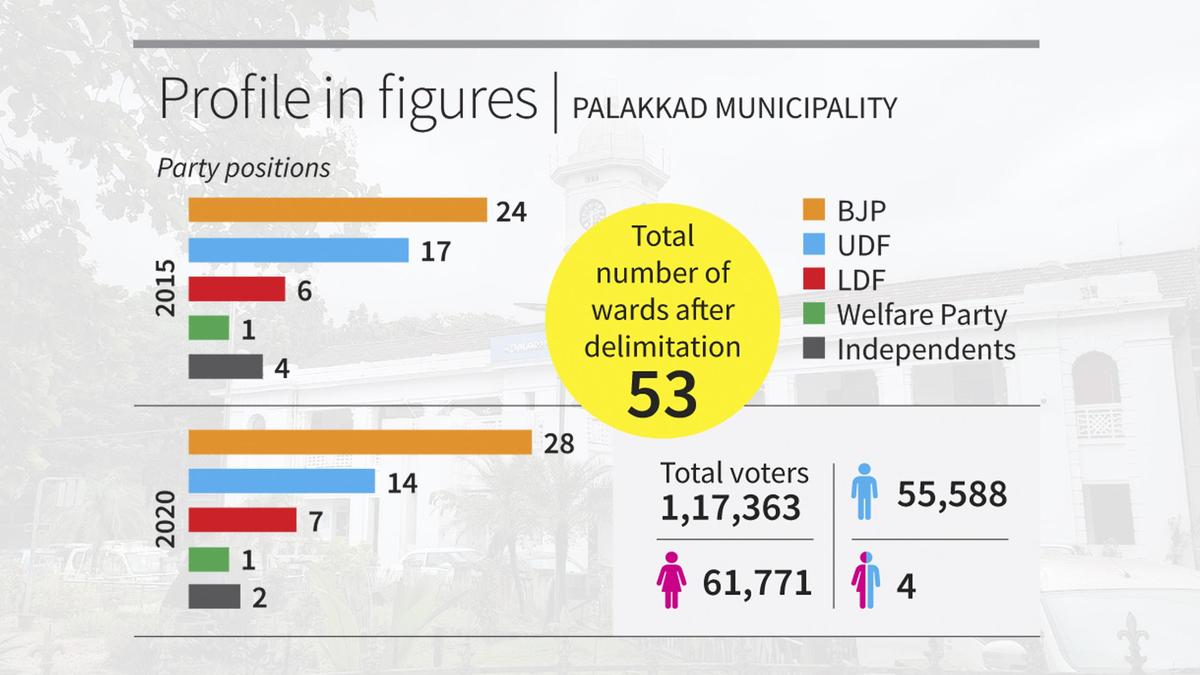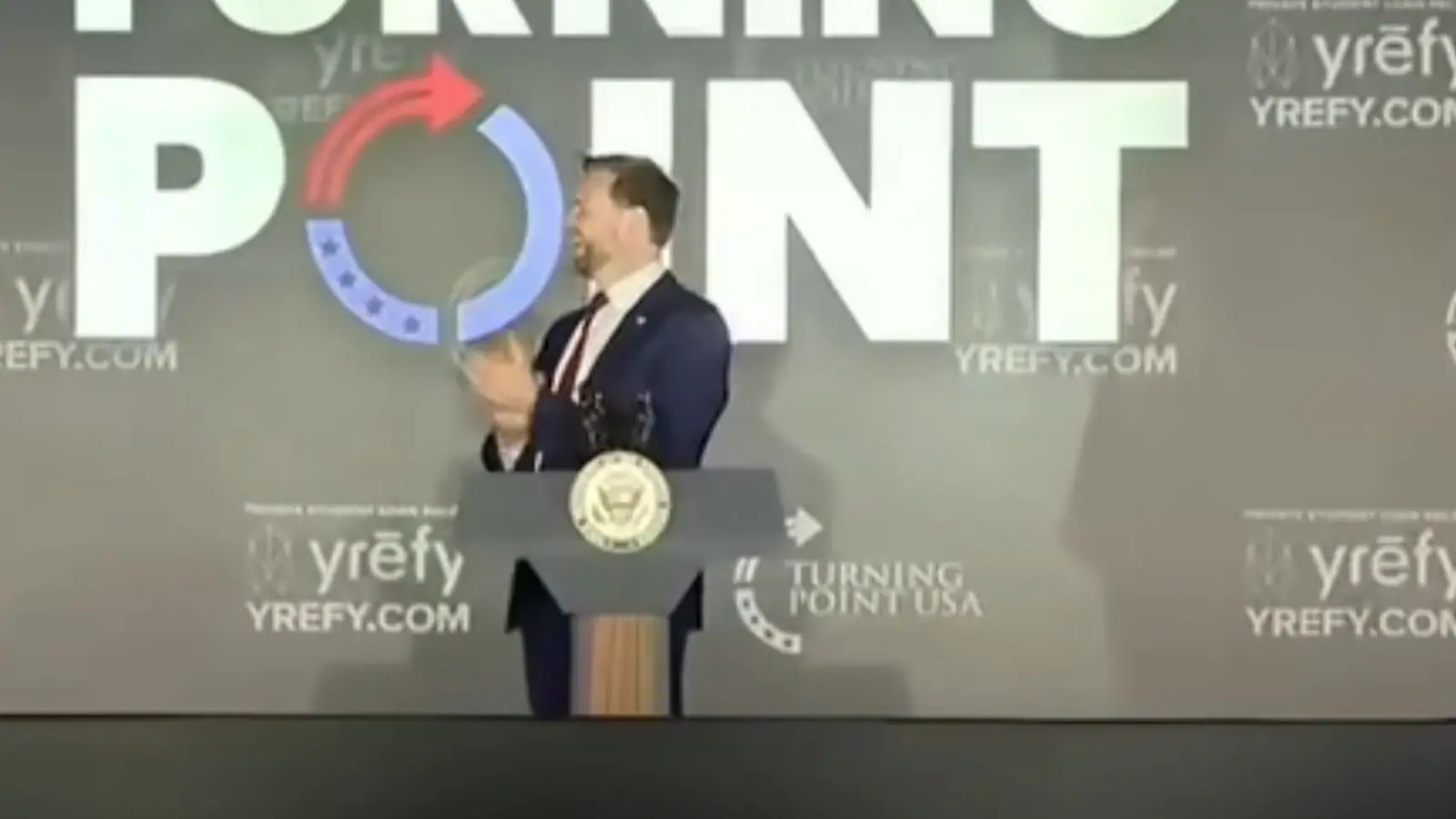Copyright Al-Monitor

On Tuesday, Virginia Democratic State Sen. Ghazala Hashmi became the first Muslim-American woman ever elected to statewide office in the United States, capturing the race for lieutenant governor. What happened: Hashmi beat Republican candidate John Reid, winning 55.3% (over 1.8 million votes) to Reid’s 44.5% (almost 1.5 million votes). She will succeed Republican Winsome Earle-Sears, who last night was defeated in the state’s governor race. Virginia’s lieutenant governor has limited formal duties but plays a key role as tie-breaker in the state Senate and is first in line to succeed the governor in the event of death or resignation. In her victory speech Tuesday night, Hashmi said her win belonged to those who believe that “our politics must be more hopeful, more inclusive and focused on solving problems instead of scoring points on the backs of other people's pain.” "My own journey from a young child landing at the airport in Savannah to now being elected as the first Muslim woman to achieve statewide office — the first Muslim woman to achieve statewide office not just in Virginia, but in the entire country … was possible because of the depth and the breadth of the opportunities made available in this country and in this commonwealth,” she said. Who is Hashmi? Hashmi, 61, previously made history in 2019 as the first Muslim-American woman elected to Virginia’s legislature, representing the state’s 15th District, based in Richmond and the surrounding area southwest of Washington. She was reelected in 2023. In an interview with The Washington Post last month, Hashmi said her first run for office was driven by President Donald Trump’s 2017 former ban on travelers from a number of Muslim-majority countries, known as the “Muslim ban.” She alluded to that moment again in her victory speech. “I first was compelled to run for office because I wanted to respond rather than quietly observe the targeting and scapegoating of marginalized communities,” she said. “No one in this country should be made to feel they’re not welcome in their neighborhoods or in their own communities.” Born in Hyderabad, India, in 1964 to Tanveer and Zia Hashmi, she immigrated with her family to the United States in 1969 when she was 4, settling in Statesboro, Georgia. Hashmi earned a bachelor’s degree in English from Georgia Southern University and a Ph.D. in English from Emory University in 1992. Before entering politics, she spent 25 years as an educator and academic administrator. In office, she has been a vocal advocate for reproductive rights and public education and a critic of Trump policies that particularly affected Virginia, home to much of the federal workforce serving Washington. Though Hashmi has spoken minimally on foreign policy, she recently celebrated the ceasefire and hostage deal between Israel and Hamas in a tweet last month, saying, “We rejoice in their safe return as we mark this important step toward an enduring and just peace.” She added that she hopes the release of the hostages “helps establish a lasting ceasefire in Gaza and brings relief to the suffering of millions.” Know more: Hashmi’s win came on a historic night for women and minorities in politics after a rightward shift in the United States in the last presidential election. Former US Rep. Abigail Spanberger became Virginia’s first female governor, and State Assemblyman Zohran Mamdani became New York City’s first Muslim mayor. Like Mamdani, Hashmi faced attacks on the basis of her religion. Her opponent in the race, John Reid, called her a “doppelganger” of Mamdani, whom he referred to as a “radical Islamist” in a Facebook post Monday. In a post on X last Friday, Reid called Hashmi a “radical pro-Hamas [state] senator.”



